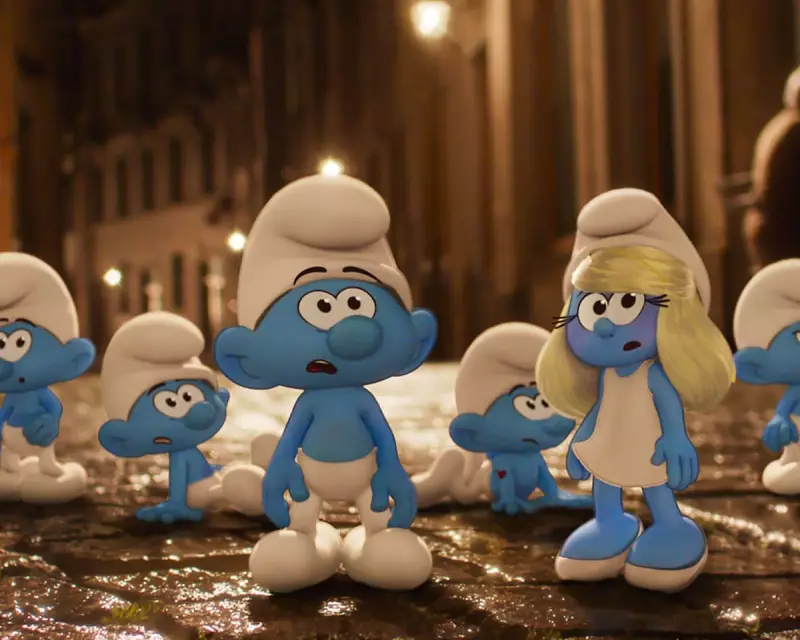
In a remarkably candid revelation that's sending shockwaves through the film industry, legendary director Ridley Scott has declared that the majority of movies being made today simply 'stink'. The 86-year-old cinematic mastermind behind classics like Alien, Bladiator, and Blade Runner didn't mince words when discussing the current state of filmmaking.
The Blunt Truth From a Living Legend
During a recent interview, Scott pulled no punches in his assessment of contemporary cinema. 'Most films stink,' he stated matter-of-factly, demonstrating the same directness that has characterised his nearly 50-year career behind the camera.
The British director, who recently completed his 60th film, believes that quality storytelling has become increasingly rare in modern Hollywood. His comments come as both a critique and a challenge to the industry he has helped shape since the late 1970s.
A Career Built on Excellence
Scott's extraordinary filmography reads like a greatest hits of modern cinema:
- Alien (1979) - redefined science fiction horror
- Blade Runner (1982) - became a cult classic and visual benchmark
- Thelma & Louise (1991) - groundbreaking feminist road movie
- Gladiator (2000) - revived the historical epic genre
- The Martian (2015) - critical and commercial success
With such an impressive track record, his criticism carries significant weight within industry circles and among cinephiles worldwide.
The Secret to Longevity in Filmmaking
When asked about his own remarkable productivity and consistency across six decades, Scott emphasised the importance of passion and relentless work ethic. 'I just keep working,' he explained, highlighting his philosophy of continuous creation rather than waiting for perfect conditions or inspiration.
His approach serves as both inspiration and indictment - proving that quality filmmaking is possible even in today's challenging cinematic landscape, while simultaneously questioning why more directors aren't achieving similar standards.
Industry Implications
Scott's comments arrive at a pivotal moment for the film industry, which is grappling with streaming service dominance, franchise fatigue, and changing audience habits. His perspective offers valuable insight from someone who has successfully navigated multiple eras of cinema while maintaining artistic integrity.
The director's willingness to speak so frankly about industry standards demonstrates his continued commitment to excellence - a quality that has defined his work from The Duellists in 1977 to his most recent projects.






